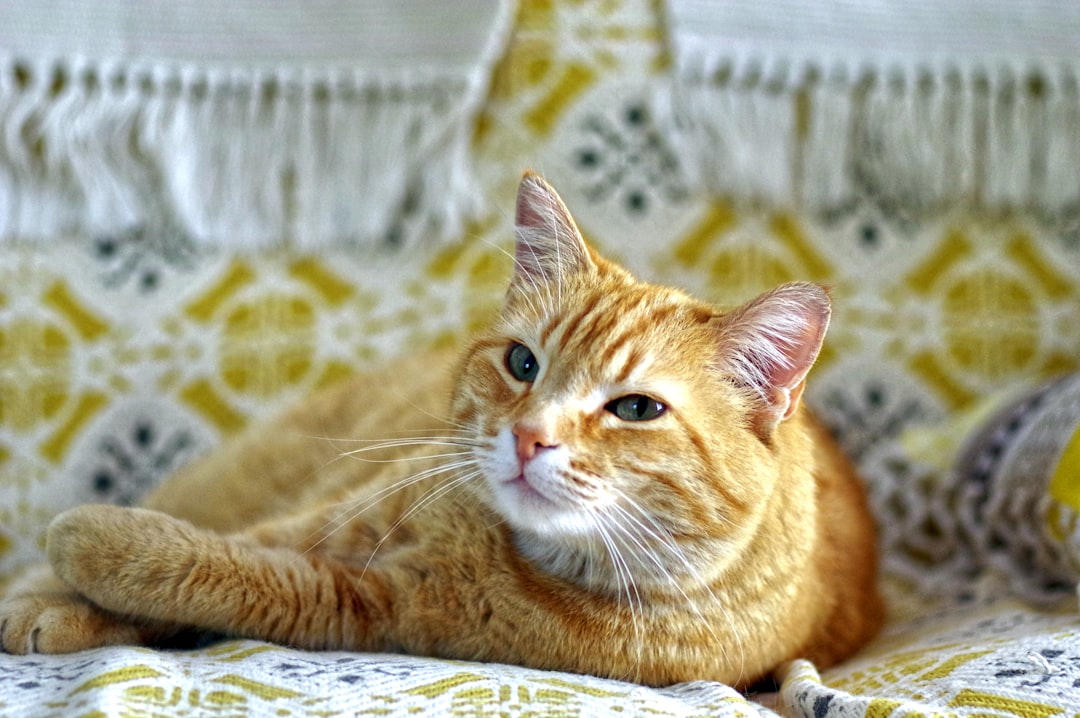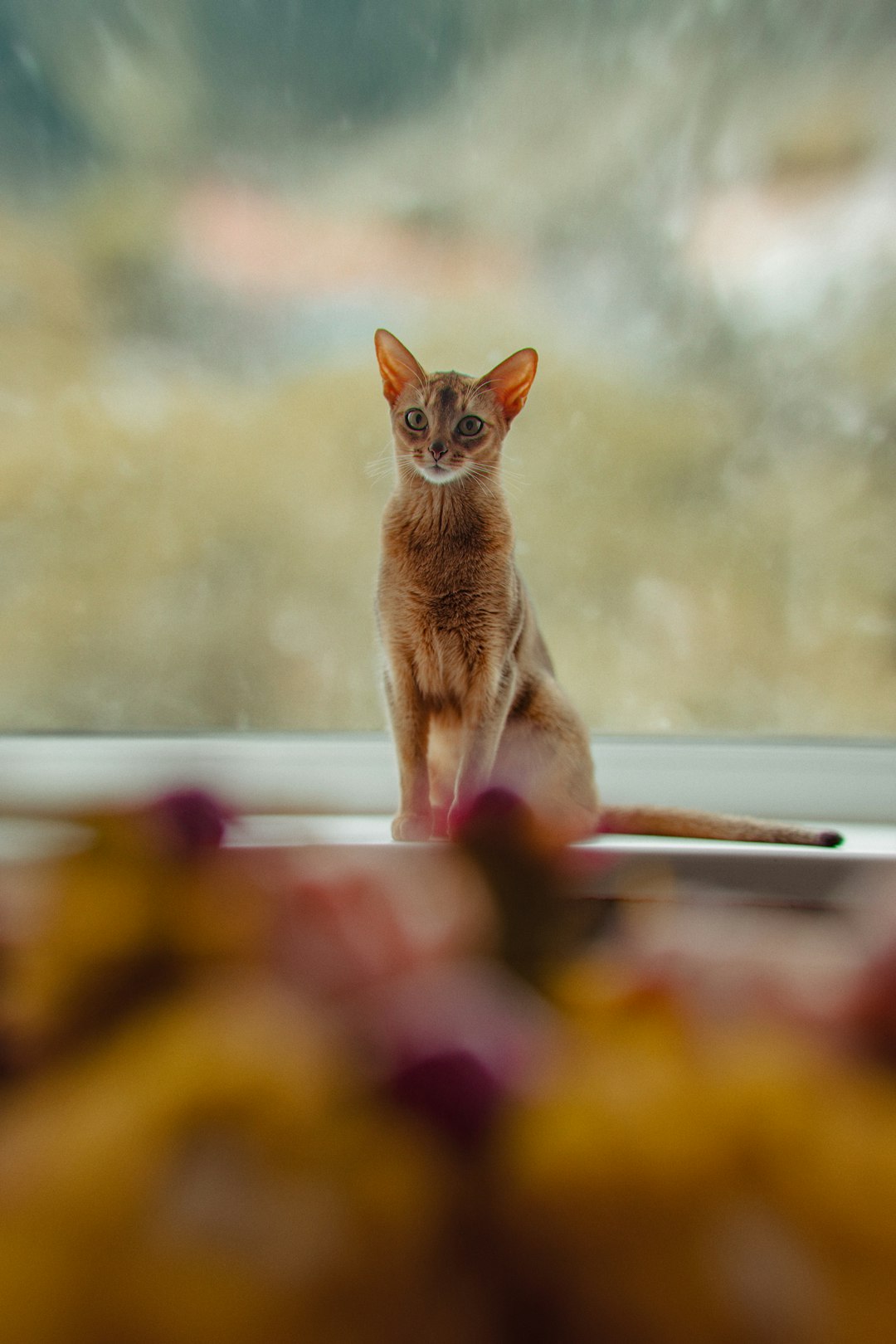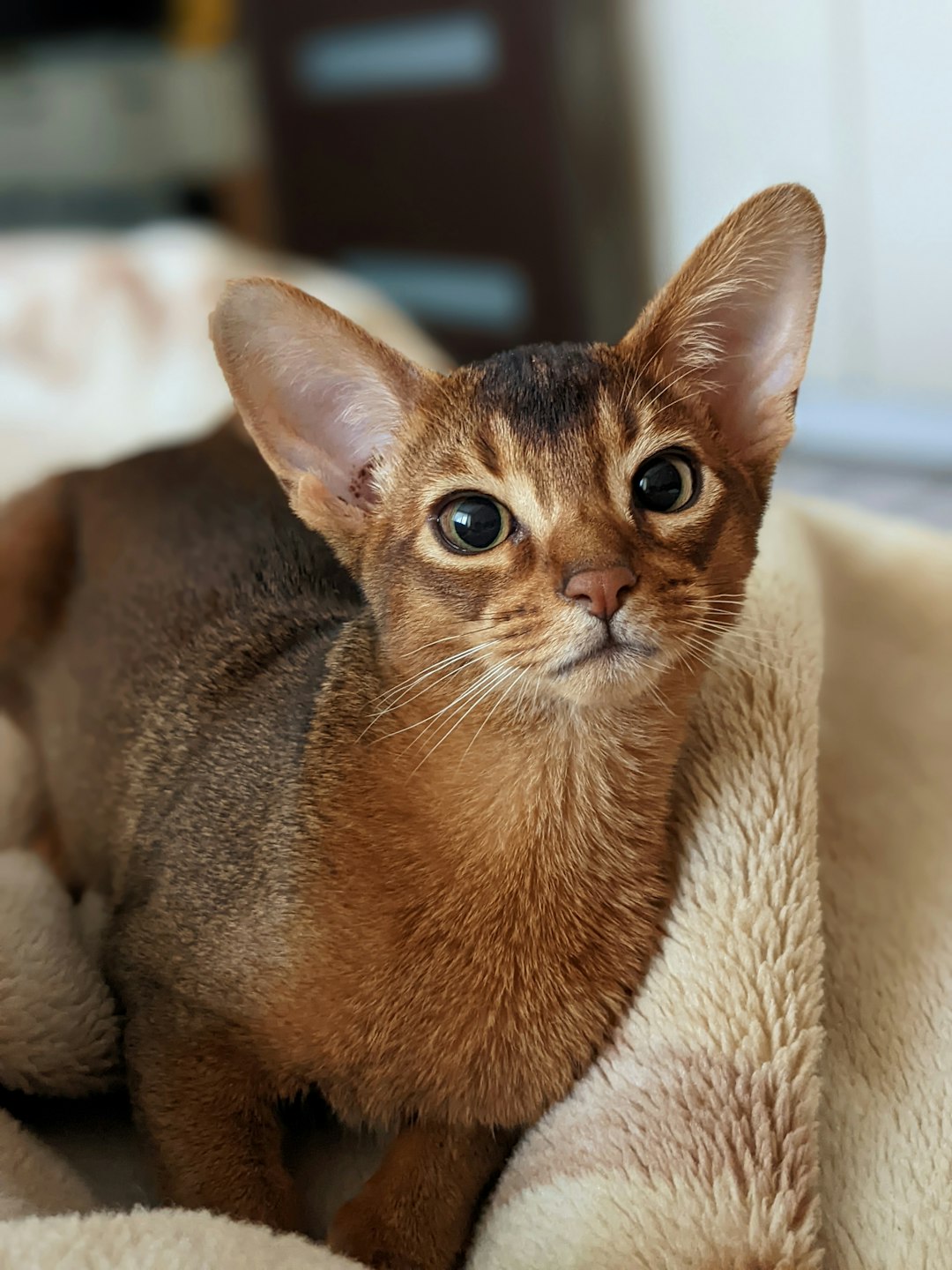Dilute tortie cats possess a unique blend of beauty and charm, making them a delightful presence in any home. These cats exhibit a striking coat of soft, muted colors that captivates onlookers. Beyond their captivating appearance, dilute tortie cats are known for their distinct personalities, characterized by a balance of independence and affection. In this article, we will explore the various traits of dilute tortie cats, including their socialization needs, grooming requirements, and overall health considerations, to help you understand and appreciate these enchanting feline companions.
Understanding Dilute Tortie Cats
A dilute tortie cat is a unique and captivating feline variation, blending multiple colors into its coat. Generally, the term "tortie" refers to a cat that has a patchy coat with two primary colors, typically a mix of black and orange. However, the dilute tortie cat softens these tones, presenting a more muted palette of colors, such as:
- Cream
- Silver
- Gray
This dilution occurs due to a recessive gene that lightens the darker hues of the traditional tortie. Consequently, the coatings of dilute torties often appear as beautiful swirls and patches, creating a striking appearance.
Key Features of Dilute Tortie Cats:
- Distinctive Coloring: Their soft and varied coat colors give them a unique look compared to standard torties.
- Affectionate Nature: Many owners describe dilute torties as loving and friendly, often forming strong bonds with their humans.
- Independent Spirits: While they enjoy companionship, dilute tortie cats often possess a cool and independent demeanor.
In summary, understanding the characteristics of a dilute tortie cat allows owners to appreciate their unique beauty and personality.
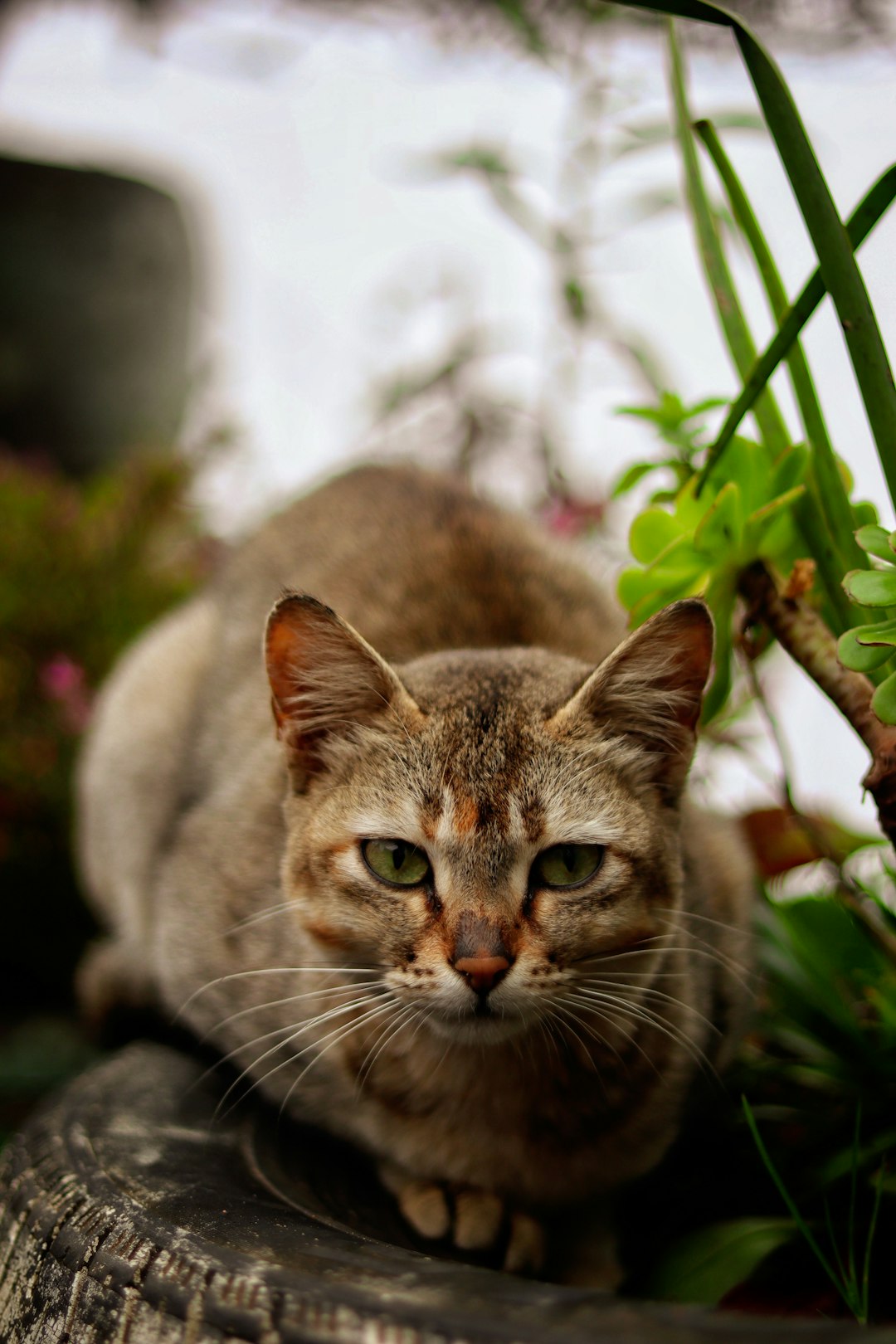
Physical Characteristics of Dilute Tortie Cats
The dilute tortie cat is a captivating breed known for its unique and striking appearance. These cats exhibit a blend of beautiful colors, typically featuring muted shades. Here’s a closer look at their notable physical traits:
- Coat Color: Dilute torties usually display a mix of cream, gray, and light orange, offering a soft and gentle palette. This differs from traditional torties, which have bolder colors.
- Fur Texture: Their coats are typically short and dense, making them incredibly soft to the touch. This fine texture enhances their overall elegance.
- Eye Color: Most dilute tortie cats have vivid eyes that range from green to copper, providing a mesmerizing contrast to their coat colors.
- Body Structure: Generally, these cats have a medium build. They tend to have slightly rounded heads, short legs, and a robust, sturdy frame.
Here is a quick comparison to highlight the differences between traditional and dilute torties:
| Trait | Traditional Tortie | Dilute Tortie Cat |
|---|---|---|
| Coat Color | Bold, vibrant hues | Soft, muted shades |
| Fur Texture | Dense and glossy | Soft and velvety |
| Eye Color | Green or gold | Green or copper |
| Body Structure | Average to large | Medium and sturdy |
These stunning physical characteristics make the dilute tortie cat a beloved companion for many cat lovers.
Common Personality Traits
The dilute tortie cat possesses a unique blend of charm and character that makes them a delightful addition to any household. Here are some common personality traits associated with this captivating breed:
Affectionate: Dilute tortie cats tend to form strong bonds with their human companions, often seeking affection and attention. They enjoy cuddling and may follow you around the house.
Playful: Known for their playful nature, dilute tortie cats engage in activities that keep them mentally and physically stimulated. They appreciate interactive toys and games that challenge their agility.
Independent: While they love companionship, dilute tortie cats also value their independence. They may enjoy solitary playtime or lounging by the window, observing the world outside.
Curious: Their inquisitive nature leads dilute tortie cats to explore their environment. They often investigate new objects or changes within their surroundings, making them entertaining and lively pets.
Understanding these traits will help you foster a positive relationship with your dilute tortie cat, ensuring both you and your furry friend enjoy a harmonious life together.
Socialization Needs
A dilute tortie cat thrives in a well-socialized environment. Early and consistent interaction greatly influences their development. Here are some key points on their socialization needs:
Early Exposure: Introduce your dilute tortie cat to a variety of people, pets, and experiences during kittenhood. This helps them become more adaptable and relaxed around new stimuli.
Positive Reinforcement: Use treats and praise when your dilute tortie cat interacts positively with others. This encourages friendly behavior and helps build their confidence.
Playtime is Essential: Engage in interactive play sessions to strengthen bonds. Toys such as feather wands or laser pointers are excellent for stimulating both the mind and body.
Respecting Space: While socialization is crucial, always respect their comfort zones. Not all dilute tortie cats will be outgoing; some may prefer a slow introduction to new situations.
By meeting these socialization needs, you can cultivate a well-adjusted and affectionate dilute tortie cat, ready to form lasting connections with family and friends.
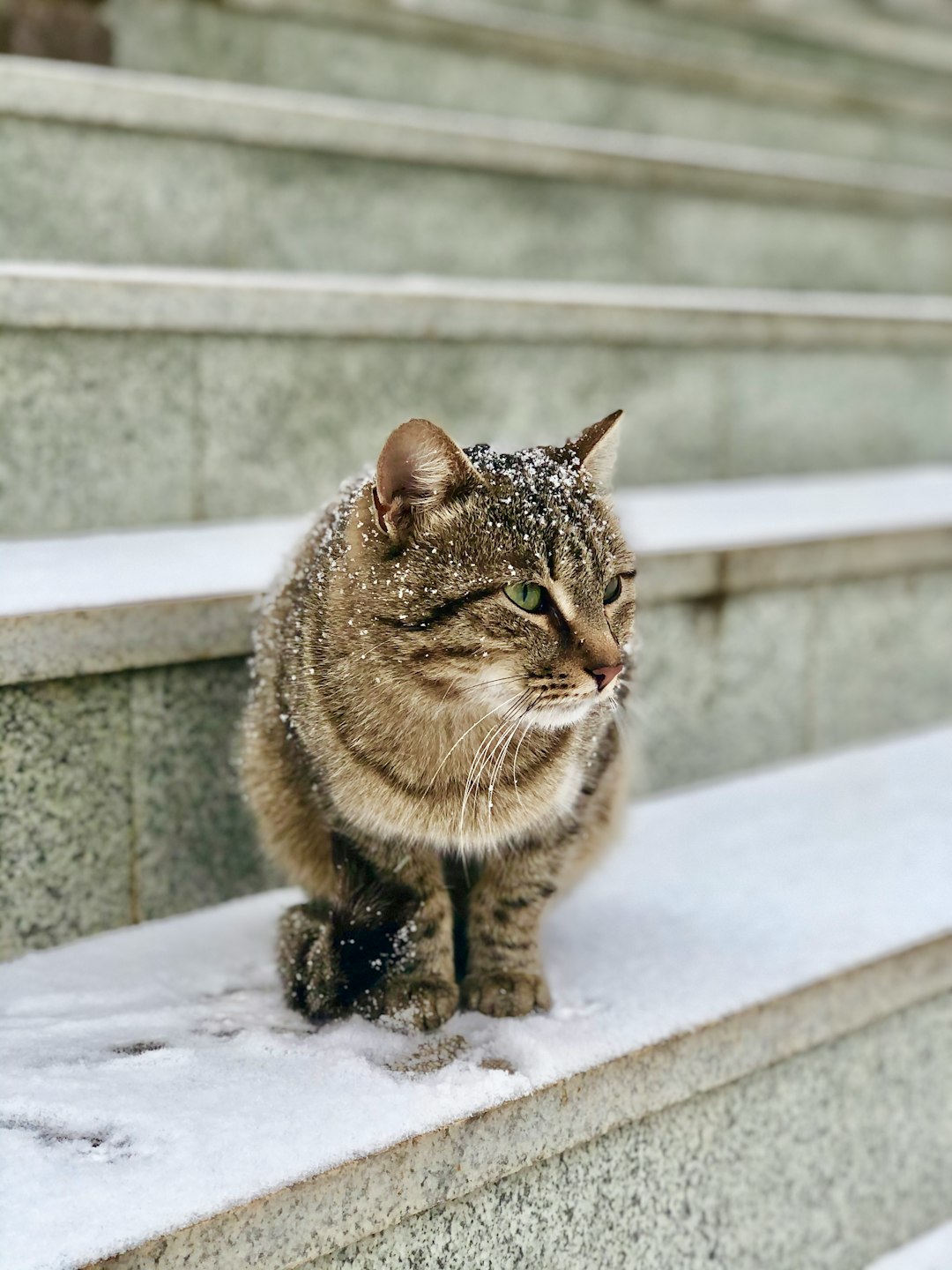
Health Considerations
When owning a dilute tortie cat, it’s essential to keep a close eye on their health. While dilute tortie cats are generally resilient, they can be prone to certain health issues. Here are some common considerations:
Genetic Disorders:
- Hypertrophic Cardiomyopathy (HCM): This heart condition is common in cats, including dilute tortie cats. Regular check-ups can help in early detection.
- Dental Issues: Many cats, including dilute torties, may experience periodontal disease. Regular dental care is crucial.
Obesity Prevention:
- Dilute tortie cats often love food, making them prone to obesity. Maintaining a balanced diet and regular exercise helps manage their weight.
Vaccination:
- Ensure vaccines are up-to-date to prevent common feline diseases.
Regular Vet Visits:
- Schedule annual check-ups to monitor their overall health and address any concerns promptly.
By focusing on these health considerations, owners can help their dilute tortie cat live a long, happy, and healthy life. Always consult your veterinarian for personalized advice!
Grooming and Care Requirements
Caring for a dilute tortie cat involves understanding their unique grooming needs. These charming felines exhibit a soft, plush coat that makes regular grooming essential for their wellbeing. Here are key points to consider:
- Brushing: Aim to brush your dilute tortie cat at least twice a week. This helps reduce shedding and prevents matting, keeping their coat in optimal condition.
- Bathing: While most cats groom themselves effectively, occasional baths may be necessary, especially if they get into something messy.
- Nail Trimming: Regularly check and trim their nails to avoid overgrowth and discomfort.
- Dental Care: Establish a dental hygiene routine. Brush their teeth or provide dental treats to prevent dental diseases.
- Ear Cleaning: Keep an eye on their ears for any dirt or wax buildup. Clean as necessary with a vet-recommended solution.
By maintaining this grooming routine, your dilute tortie cat will not only look great but also remain healthy and happy! A little attention to their care can lead to a strong bond with your pet.
Training Tips for Dilute Tortie Cats
Training your dilute tortie cat can be enjoyable and rewarding. These cats possess unique personalities, making them receptive to training when approached correctly. Here are some effective tips to help your feline friend learn:
Start Early: Begin training as soon as you bring your dilute tortie cat home. Kittens are generally more adaptable and eager to learn.
Use Positive Reinforcement: Reward good behavior with treats, praise, or playtime. This approach encourages your dilute tortie cat to repeat desired behaviors.
Keep Sessions Short: Cats have short attention spans. Aim for 5-10 minute training sessions to maintain their interest and focus.
Incorporate Play: Utilize their natural instincts. Engage them with toys to make training fun. For example, use a feather wand for recall training.
Be Patient: Each dilute tortie cat is unique; some may take longer to learn than others. Celebrate small achievements to motivate your pet.
By incorporating these training tips, you can foster a strong bond and enhance your dilute tortie cat’s skills and confidence. Happy training!
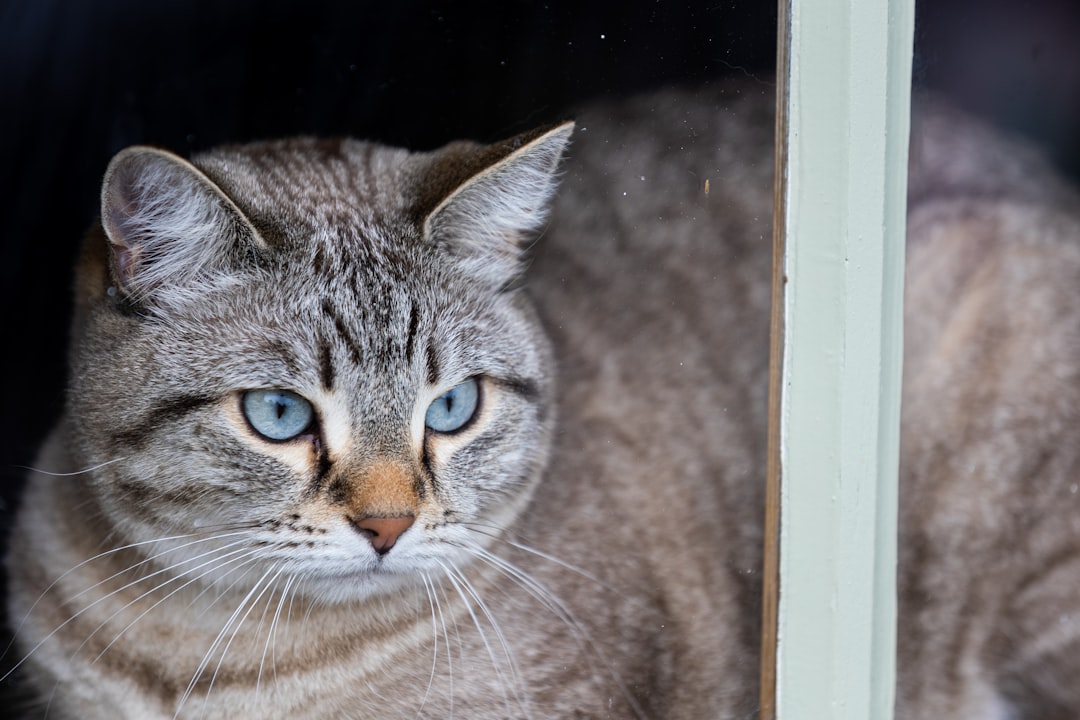
Fun Facts About Dilute Torties
Dilute tortie cats are as fascinating as they are beautiful. Here are some fun and interesting facts about these unique felines:
Color Variation: Unlike traditional torties, dilute tortie cats exhibit softer colors. Their coats often feature muted shades of cream, gray, and peach, creating a stunning palette that captivates any cat lover.
Personality Diversity: Every dilute tortie cat displays a distinct personality. While some may be calm and reserved, others are known for their playful and energetic nature. This variability makes each cat truly one-of-a-kind.
Affectionate Companions: Many owners report that dilute torties tend to be more affectionate than other breeds. They often bond closely with their human companions, making them excellent pets for families.
Rarity: Dilute tortie cats are less common than their traditional counterparts. This rarity may add to their allure, making them a special find when adopting.
Intelligent and Curious: These cats are often very intelligent and enjoy engaging activities. They love to explore their environment, keeping their owners entertained.
In summary, a dilute tortie cat not only adds beauty to any home but also brings a blend of charm and personality that is hard to resist!
Frequently Asked Questions
What are the key characteristics of a dilute tortie cat?
Dilute tortie cats possess a unique blend of colors, typically showcasing soft pastel versions of the traditional tortoise shell coloring. Their coat usually features hues like cream, gold, and gray, presenting a mottled or patched appearance. This color pattern results from the mixing of black and orange hair in cats, with the dilute version employing subtle shades that give them a gentler look. Additionally, these felines often have strikingly vivid eyes that can vary widely in color, contributing to their overall charming appearance.
How does the personality of a dilute tortie cat differ from other cats?
The personality of dilute tortie cats is often described as unique and engaging. They are generally known for their affectionate nature, making them great companions. While individual personalities can vary widely, many dilute torties are playful, social, and enjoy interacting with their human families. These cats often display a quirky side, exhibiting behaviors that can be both entertaining and endearing. Additionally, they may develop strong attachments to their owners and show loyalty, sometimes following them around the house.
Are dilute tortie cats known for any specific behavioral traits?
Yes, dilute tortie cats are often characterized by their playful and spirited demeanor. Many owners report that these cats can be quite vocal, expressing themselves through various sounds and purring. This communication often highlights their desire for attention and interaction. Furthermore, dilute torties may display a curious nature, thoroughly exploring their environment and getting into everything. Their intelligence and resourcefulness typically make them adept at learning new tricks, which adds to their charm as a pet.
What considerations should potential owners keep in mind when adopting a dilute tortie cat?
When considering the adoption of a dilute tortie cat, potential owners should prioritize understanding the breed’s specific needs and quirks. Regular grooming can be important, as their fur may need maintenance to keep it healthy and free of mats. Additionally, prospective owners should provide a stimulating environment filled with toys and engagement opportunities to keep these active cats entertained. It’s also essential to consider the time and commitment required to bond with and care for these affectionate pets, ensuring they receive the love and attention they thrive on.

